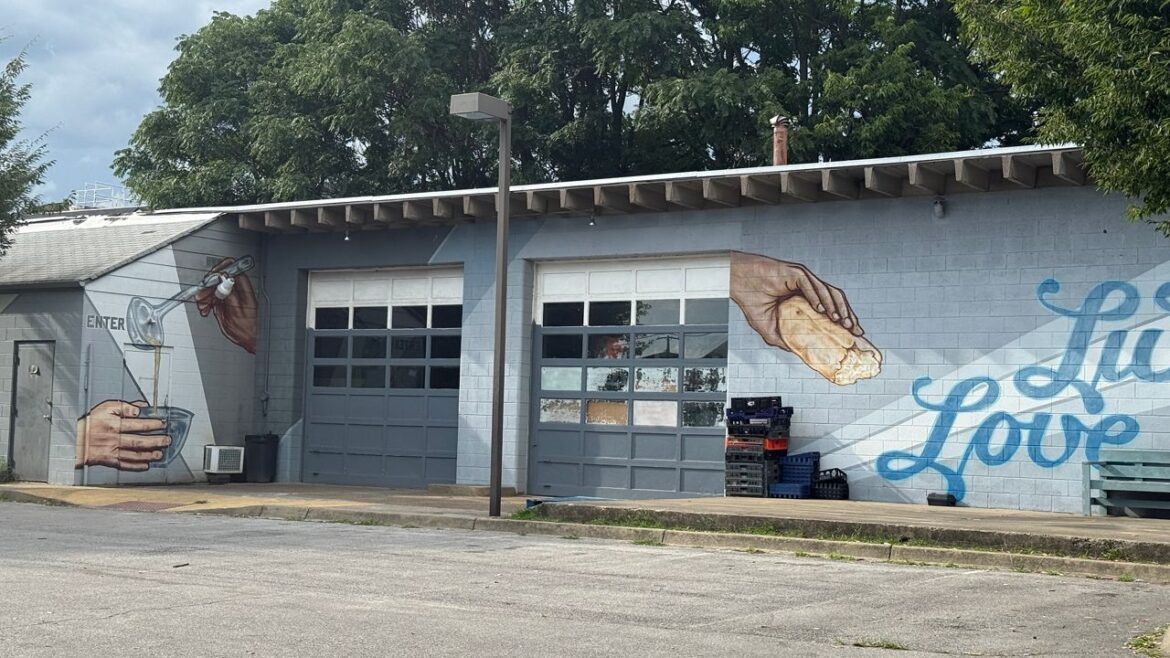LOUISVILLE, Ky. — St. Vincent de Paul works as a campus full of community services—shelter for the unhoused, addiction services for people in recovery and a kitchen to feed those seeking a hot meal.
What You Need To Know
The Congressional Budget Office reports that 2.4 million Americans will lose their Supplemental Nutritional Assistance Program benefits because of the One Big Beautiful Bill
St. Vincent de Paul’s food pantry, which has seen increased foot traffic recently, has begun an initiative to collect more food donations, anticipating changes in SNAP benefits
Scott Haner, a volunteer with St. Vincent de Paul, said these cuts could affect both SNAP recipients, and the supply used to provide meals
But recent reporting from the Congressional Budget Office estimates that nearly two and a half million Americans will lose their Supplemental Nutritional Assistance Program benefits under President Donald Trump’s domestic policy bill.
Scott Haner, a decade-long volunteer with St. Vincent de Paul’s food pantry, said food insecurity is about more than just lost benefits.
“You’re going to see more people come to pantries and if they’re cutting contracts through the USDA and things like that, then big food banks like Dare to Care are going to have less to give,” he said.
Haner said he sees food insecurity as a multi-pronged problem where food pantries are only a part of the solution.
St. Vincent de Paul serves people on Tuesdays and Thursdays and has seen more foot traffic recently.
In anticipation of SNAP cuts, the food pantry launched a “Stock the Shelves” initiative last month, calling on the community to help where they can.
“This month, for August, we’re asking for jars of peanut butter and jars of jelly,” said Tony Nochim, with St. Vincent de Paul. “It’s an easy way for someone to participate in our organization–which is to house, feed and support those in need with compassion and dignity. So it’s a small but important way that we can serve those in need, our neighbors in need.”
According to the latest data available from the U.S. Department of Agriculture, Kentucky’s food insecurity is above the national average.
“When we have more, we give more. And when we have less, we give less,” Haner said. “So we’re here to serve the people–to reach out to those in need so that they don’t have to be hungry at night, but we only can give what we have to give.”
According to the USDA, in 2024, nearly 600,000 Kentuckians participated in SNAP.
But for now, only time will reveal just how many Kentuckians will have lost access to those benefits.


Dining and Cooking